Tips for Teaching Robotics Remotely During COVID-19
The world has changed in 2020. Due to the COVID-19 pandemic, all of our in-person social interactions have been reduced. This has led to closing universities and students learning remotely online.
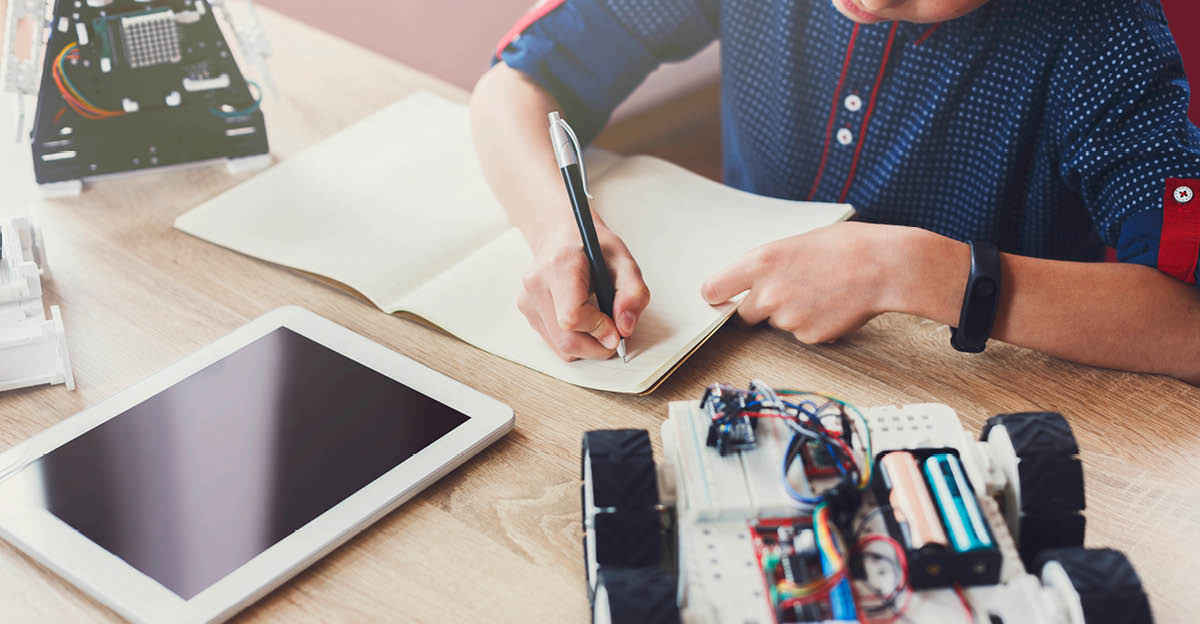
You can teach almost any subject online, but teaching some subjects will be more difficult than others. For instance, you can remotely teach medical students about lung illnesses, but part of this education comes from interaction with sick people. That is very difficult to provide through online teaching.
In robotics, something similar happens. If you want to teach robotics properly, you need to use a real robot. So how can we teach robotics online and provide a full learning experience?
- 0 Comments
- Sep 18, 2020 10:00:00 AM
- Posted by Natalia Galvis
- Topics: EdTech, STEM, Curriculum, teachers, students, Technology, Edchat, Digital Technology, teaching, online, lessons, eLearning
Blended Learning: How Parents can be Involved in the Move
 Photo by Julia M Cameron from Pexels
Photo by Julia M Cameron from Pexels
Much has been said about helping teachers and students adapt to the accelerated shift to blended learning that the pandemic forced upon them, but the current discourse sometimes forgets that education is a three-way street that involves not only students and educators, but families as well.
Learners of any age perform demonstrably better in traditional school when parents or guardians follow and support their path to education and present a united front with their teachers. Why should it be any different for blended learning?
Families, however, may be diffident or confused in the face of a form of learning so far outside of their own experience. This is a natural reaction: change can frighten anyone, and parents are only human, after all. That is why if they wish to be supportive, families need support in turn. Here are some ways parents can stand by their children’s side in their new blended learning adventure.
- 0 Comments
- Sep 17, 2020 10:00:00 AM
- Posted by Natalia Galvis
- Topics: EdTech, STEM, Curriculum, teachers, students, Technology, Edchat, Digital Technology, teaching, online, lessons, eLearning
RobotLab and MOVIA Robotics Are Proud Suppliers Of Robot-Assisted Instruction For Special Education
Hello, everyone, my name is Elad Inbar. I'm the CEO of Robot Lab, and today I want to talk to you about a solution that we are bringing to the schools for special education.
- 0 Comments
- Sep 16, 2020 3:30:00 PM
- Posted by Natalia Galvis
- Topics: EdTech, STEM, Curriculum, Special Education, teachers, autism, students, Technology, Edchat, Digital Technology, teaching, online, lessons, eLearning
Establishing Routines for Remote Learning
 Photo by August de Richelieu from Pexels
Photo by August de Richelieu from Pexels
Teaching students how to interact online helps ensure a good experience for both students and teachers.
- 0 Comments
- Sep 15, 2020 10:00:00 AM
- Posted by Natalia Galvis
- Topics: EdTech, STEM, Curriculum, teachers, students, Technology, Edchat, Digital Technology, teaching, online, lessons, eLearning
5 Reasons to Teach Students 3D-Tech Skills
3D technology, while not necessarily new, has taken off in recent years. Workers in industries like architecture and design use 3D tech skills to bring their visions to life. 3D printing is one of the more popular aspects of this innovation, but educators can teach students several others — for any grade level from kindergarten through college.
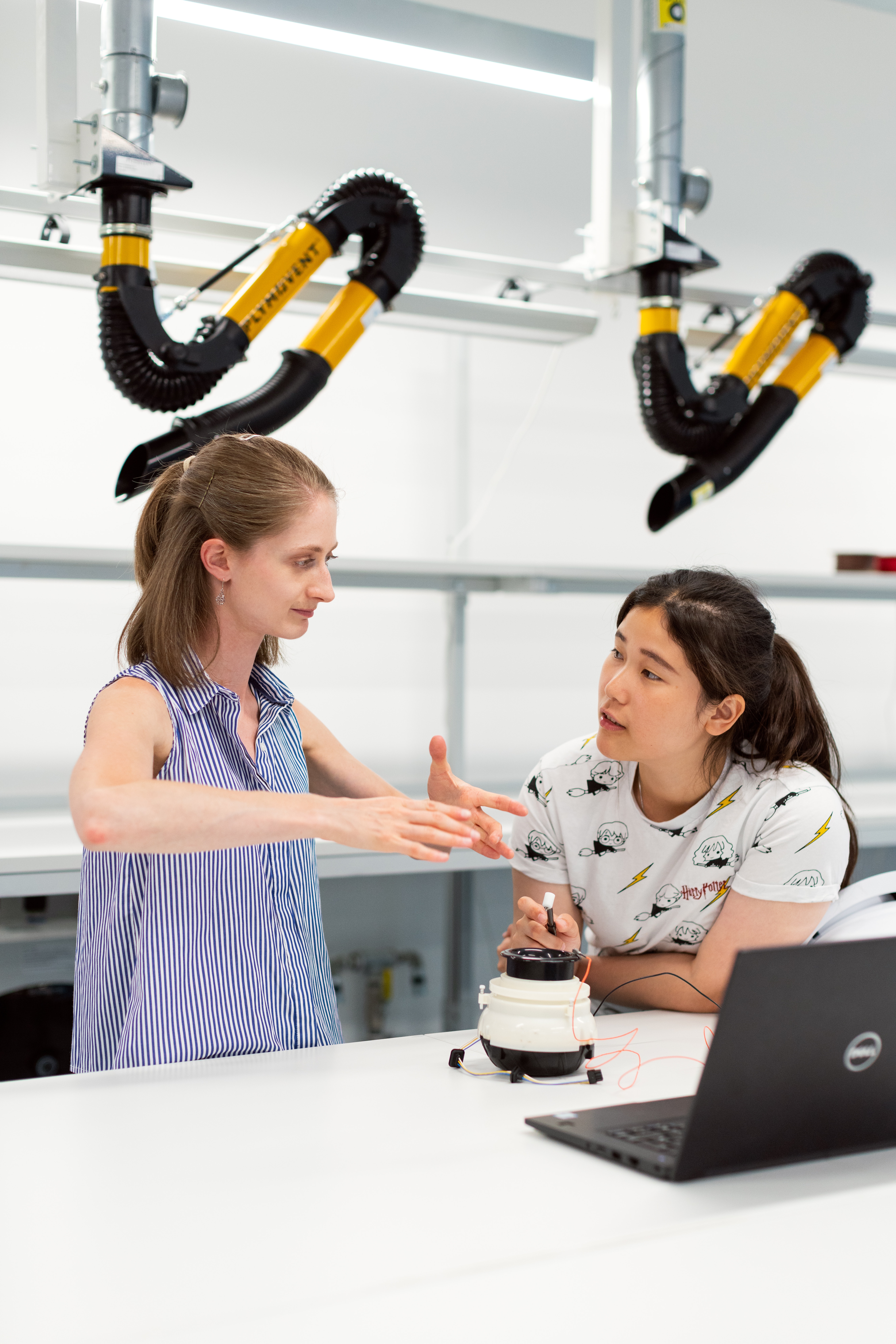 Photo by ThisIsEngineering from Pexels
Photo by ThisIsEngineering from Pexels
These five reasons show the benefits of teaching students 3D skills.
- 0 Comments
- Sep 11, 2020 10:00:00 AM
- Posted by Natalia Galvis
- Topics: EdTech, STEM, Curriculum, teachers, students, Technology, Edchat, Digital Technology, teaching, online, lessons, eLearning
To Ease Loneliness and Improve Mental Health, Robots Could be the Solution
Robots could be used in care homes after a study found they can improve mental health and have the potential to reduce loneliness in vulnerable older people. A robot called Pepper, which can engage in conversation and learn people's tastes, has been tested in care homes.

- 0 Comments
- Sep 10, 2020 10:00:00 AM
- Posted by Natalia Galvis
- Topics: STEM, Curriculum, teachers, Coding, students, Technology, Edchat, k12, teaching, coronavirus, online, covid19, lessons, eLearning
Health Care Use Case With Pepper Robot
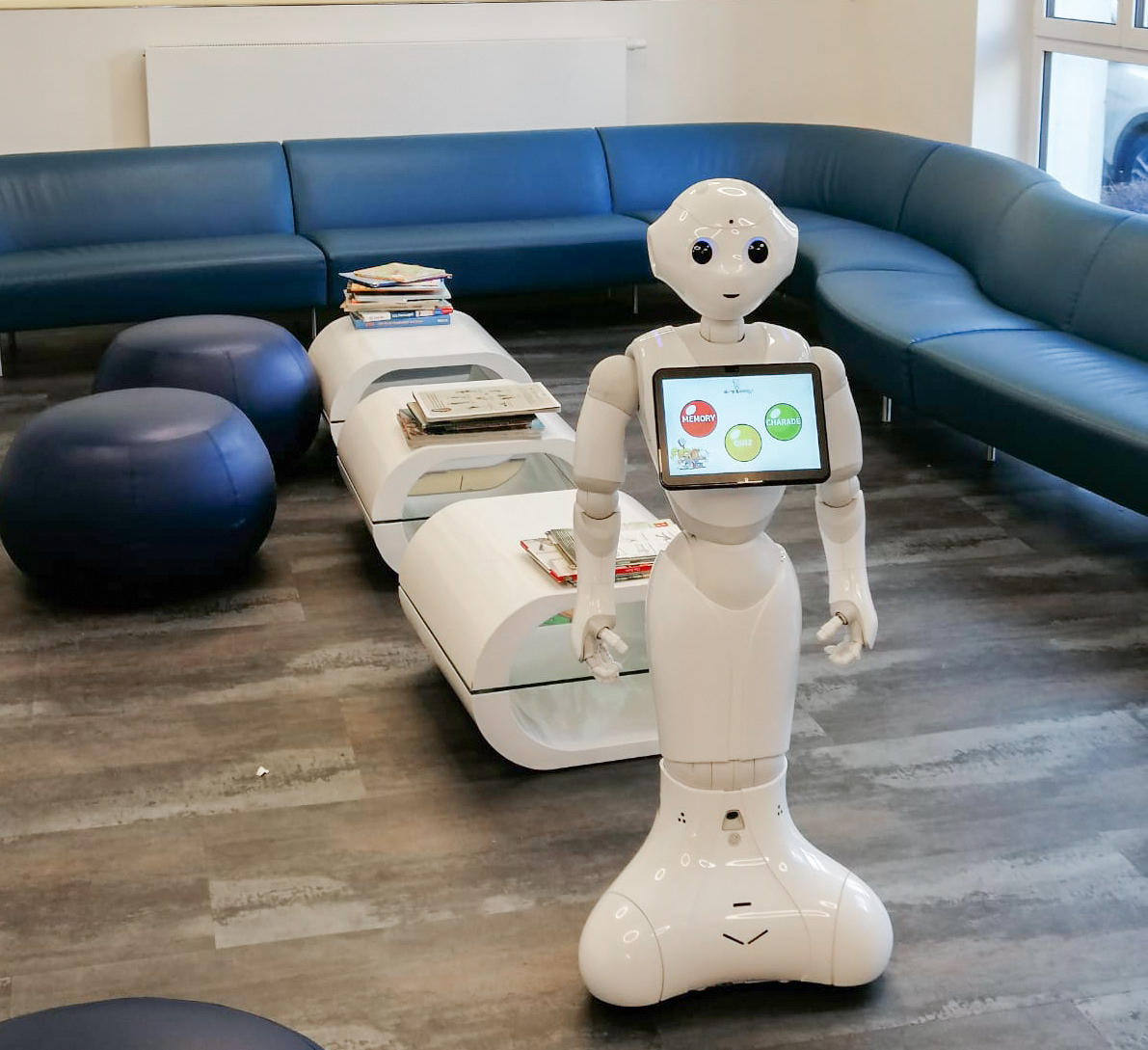 Photo: Sleep and Smile
Photo: Sleep and Smile
The Vienna dental institute Sleep & Smile specializes in the treatment of children and adults with special needs and Pepper robot helps children and adults with special needs overcome their anxiety about their upcoming dental treatment.
- 0 Comments
- Sep 9, 2020 4:00:00 PM
- Posted by Natalia Galvis
- Topics: Robotics, STEM, Curriculum, Pepper, Coding, students, Technology, Edchat, k12, eLearning
How Robotics Became Relevant due to COVID-19 and why it has Become Essential to Teach in the Classroom
Given the recent COVID-19 pandemic and its effects on traditional educational institutions, the fields of formal education are headed for a systematic change. Robotics and artificial intelligence technologies can not only mitigate difficulties caused by the pandemic but also help build on their foundations.
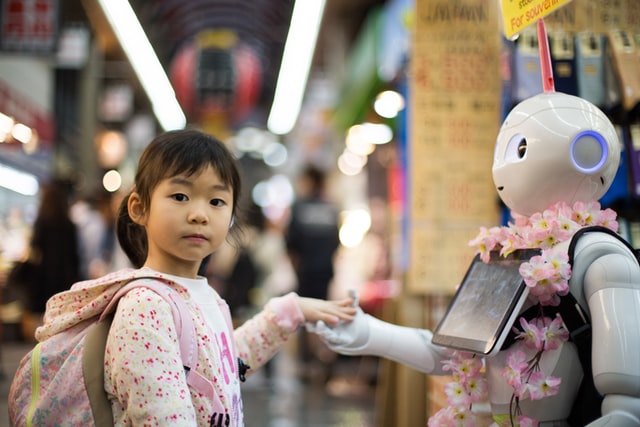 Photo by Andy Kelly on Unsplash
Photo by Andy Kelly on Unsplash
- 0 Comments
- Sep 9, 2020 10:00:00 AM
- Posted by Natalia Galvis
- Topics: STEM, Curriculum, teachers, Coding, students, Technology, Edchat, k12, teaching, coronavirus, online, covid19, lessons, eLearning
The pandemic classroom requires collaborative tech to thrive
COVID-19 has highlighted digital inequity—but collaborative tech and digital tools could help close the gap.
 Photo by J. Kelly Brito on Unsplash
Photo by J. Kelly Brito on Unsplash
- 0 Comments
- Sep 8, 2020 10:00:00 AM
- Posted by Natalia Galvis
- Topics: STEM, Curriculum, teachers, Coding, students, Technology, Edchat, k12, teaching, coronavirus, online, lessons, eLearning
Key trends in K12 robotics education
Robotics education is becoming increasingly commonplace in schools. This is largely due to the fact that students in K12 schools will graduate into a workforce that’s rife with technology, in an era where robots will become widely used in our everyday lives.
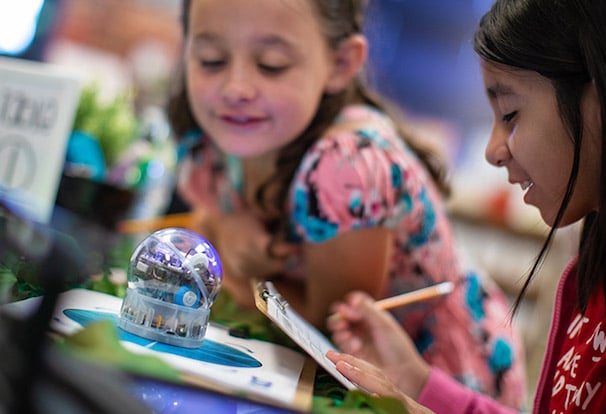
- 0 Comments
- Sep 4, 2020 10:00:00 AM
- Posted by Natalia Galvis
- Topics: STEM, Curriculum, teachers, Coding, students, Technology, Edchat, k12, teaching, coronavirus, online, lessons, eLearning
Relevant Posts
Popular Posts
Subscribe to Email Updates
-
I Want To Learn MoreADDITIONAL INFORMATION


